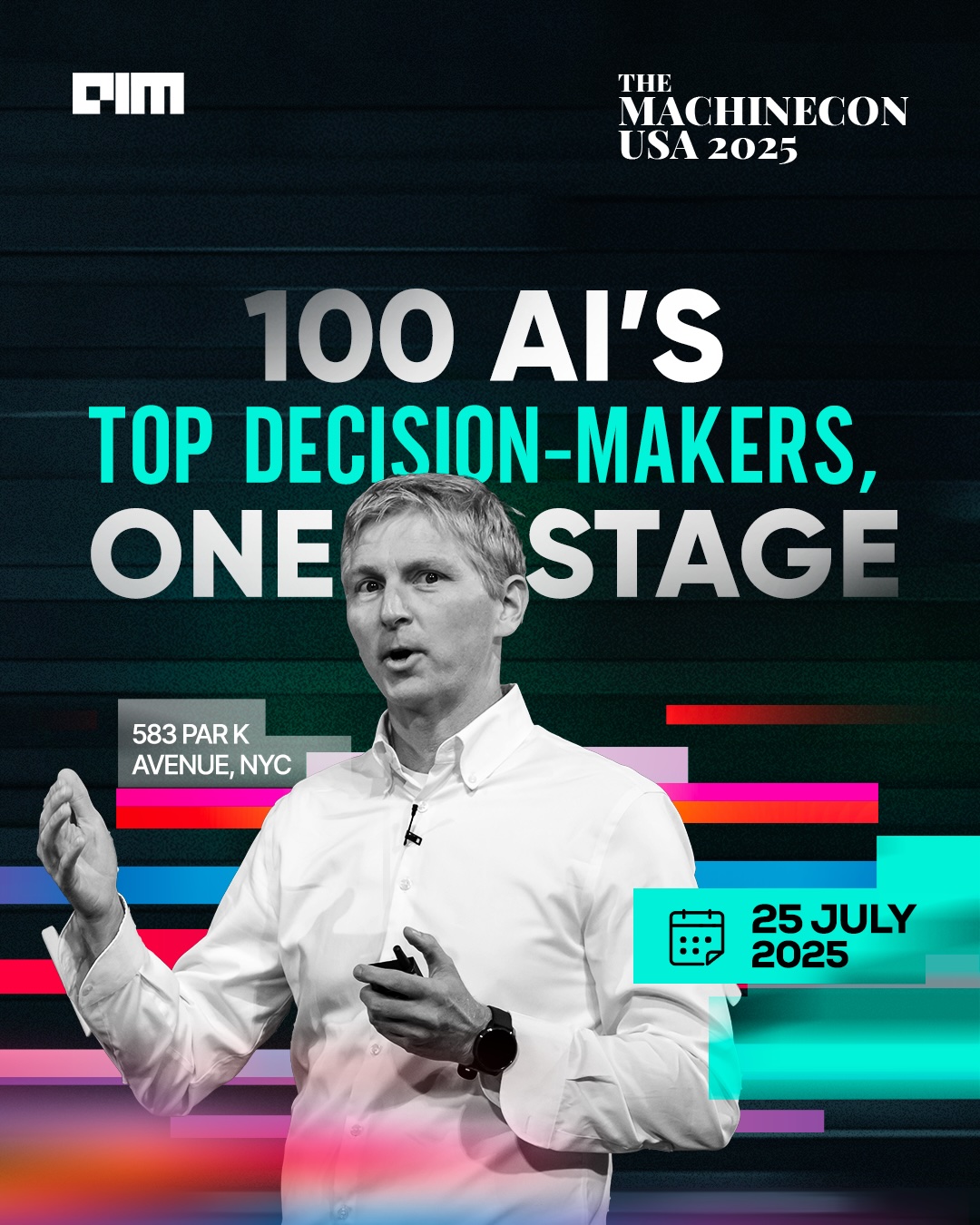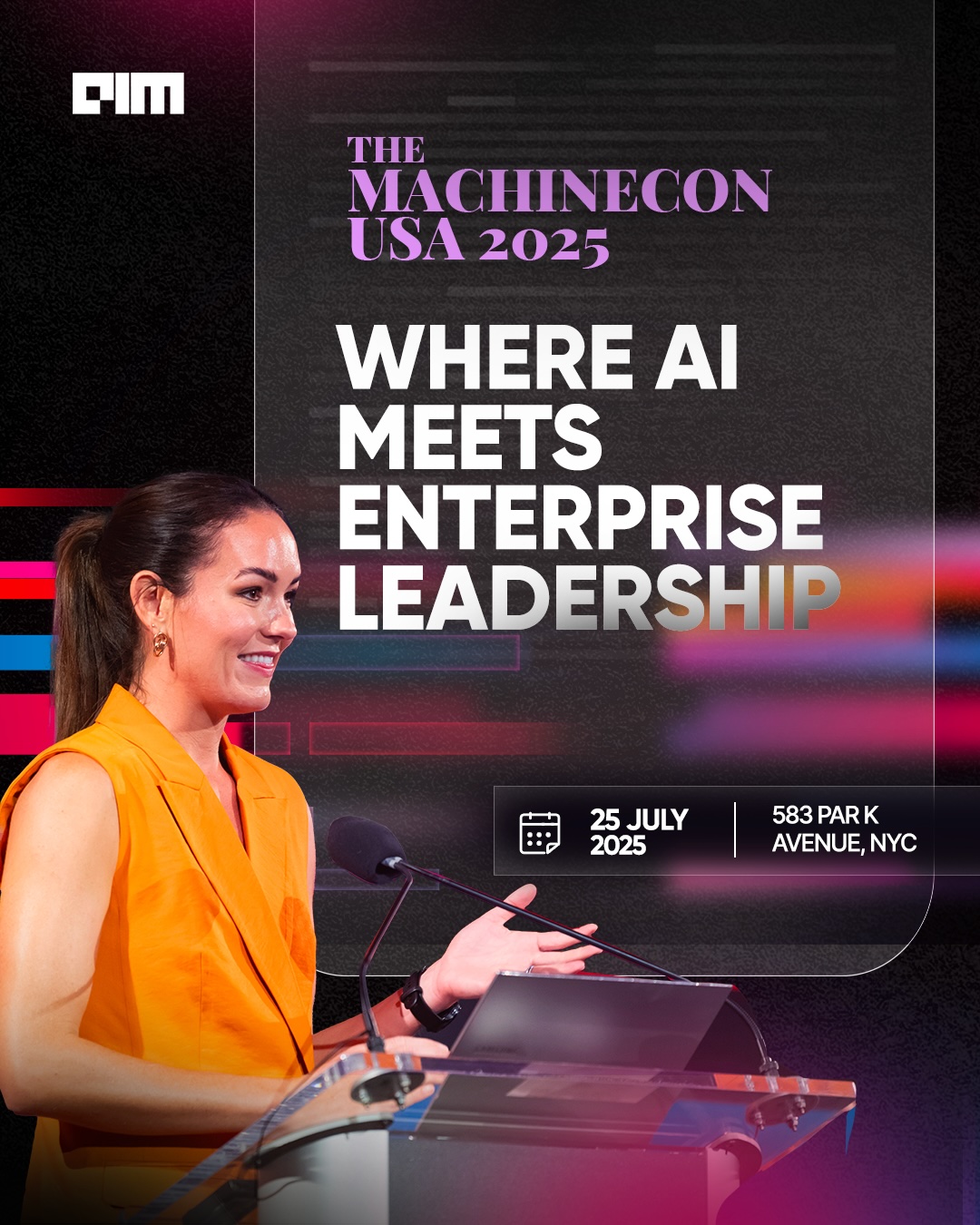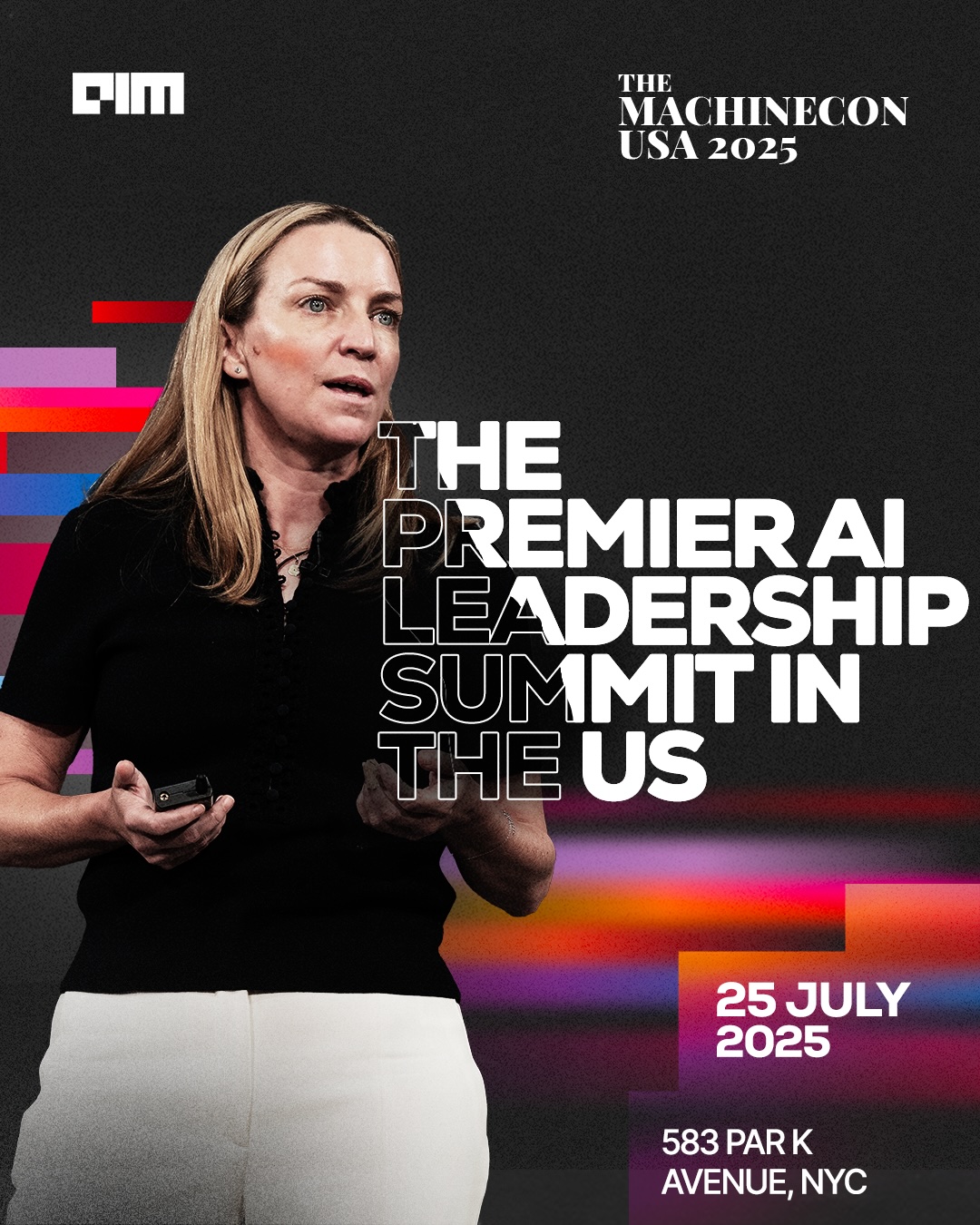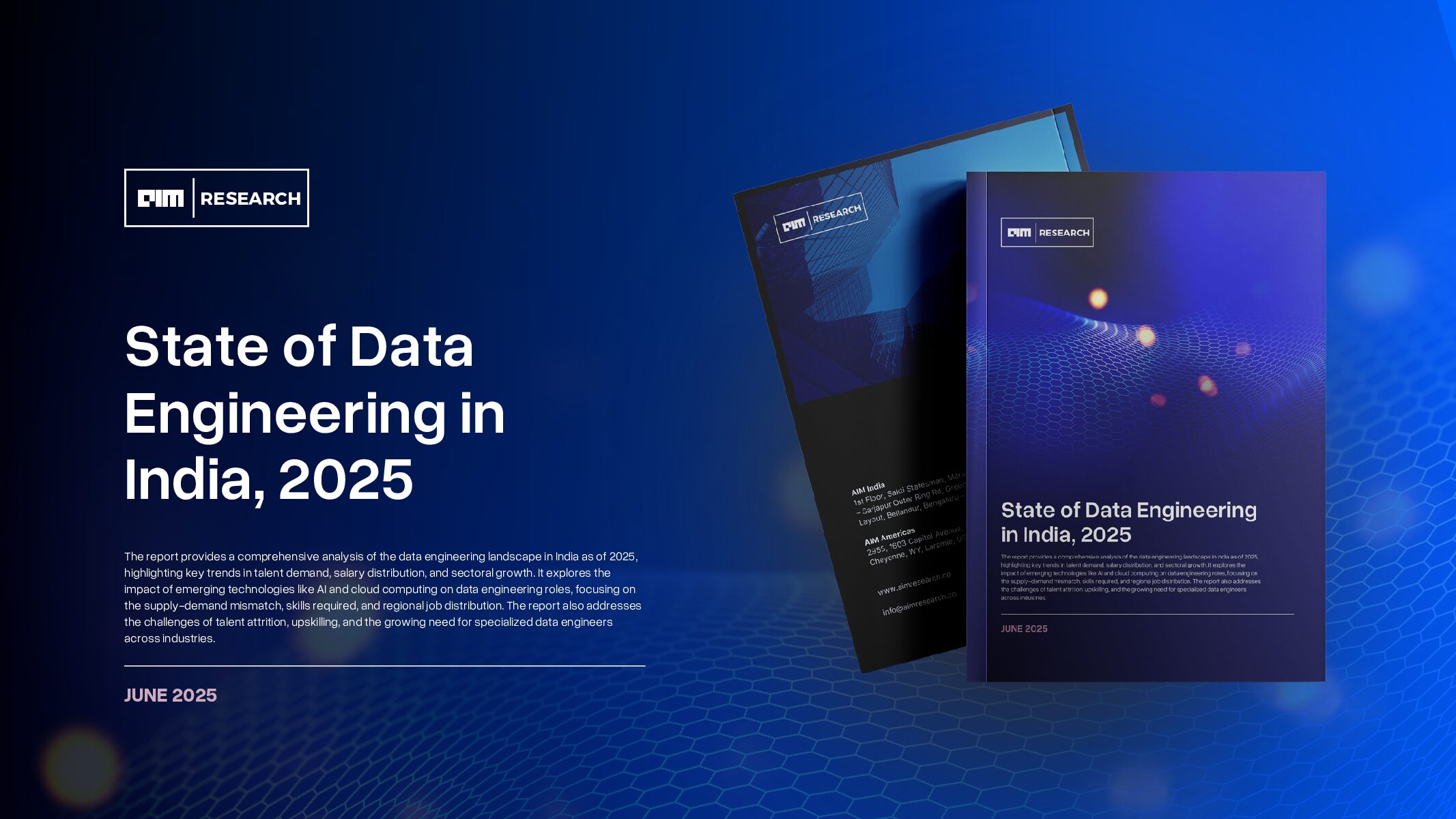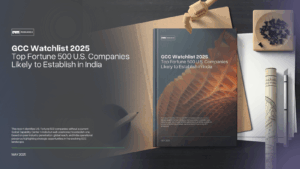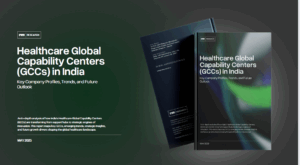In today’s dynamic and rapidly evolving life sciences industry, commercial IT leaders find themselves at the forefront of transformative change. As technology continues to reshape the landscape, these leaders are tasked with navigating a myriad of challenges and opportunities to drive innovation, enhance efficiency, and deliver value across the commercial spectrum. From leveraging data analytics to optimizing digital platforms, the role of IT in life sciences has never been more critical. In this article, we delve into the key priorities that are shaping the agenda for commercial IT leaders in the life sciences sector, according to a survey by Indegene, highlighting the strategies and initiatives essential for success in this complex and competitive environment.
In this week’s CDO Insights we have with us Vivek Ghai an accomplished executive with over two decades of experience in sales and operational leadership roles, coupled with a strong entrepreneurial spirit. Currently serving as the Executive Vice President at Indegene, Vivek brings a wealth of expertise and a proven track record of success to his role.
Throughout his career, Vivek has demonstrated a keen ability to drive growth and deliver results. In his previous role, he led a Life Sciences Vertical practice for a top-tier IT/BPO services company, where he successfully doubled revenues over a span of three years. Leveraging his extensive network and industry knowledge, Vivek adeptly managed existing relationships while also spearheading new account acquisitions across the United States and Europe.
AIM Research: 51% of Commercial IT leaders are prioritizing customer experience as the top driving factor for technology investments. What are some of the other top priorities and why does customer satisfaction rank the highest?
Vivek Ghai: Rising patient expectations, evolving HCP (healthcare professionals) preferences, data explosion, and AI advancements are fueling a move towards a greater level of personalization in life sciences. In response to these changes, commercial IT leaders are also refining their approach to technology investments. While key factors driving technology investments remain diverse, such as generating new revenue streams, improving operational efficiency/business processes, and building new products/solutions, it is no surprise that most of them today are prioritizing customer experience as the leading factor for their technology investments. The reason customer experience takes priority is two-fold:
- It’s a strategic move in response to the increasing tech-savviness of HCPs and patients. With individuals researching online, engaging in virtual communities, and expecting seamless experiences across different channels, keeping pace with the customer’s evolving preferences and ensuring a great customer experience becomes a key differentiator
- Exceptional customer experience isn’t just about building brand loyalty; it also significantly impacts patient health outcomes. As the healthcare industry transitions towards a value-based model, where patient outcomes take precedence over sheer prescription numbers, customer experience becomes integral to pharmaceutical companies’ commercial strategies
AIM Research: An increasing trend towards managed services and the importance of selecting partners with the right mix of domain and tech expertise is observed in the report. What should companies consider in the selection process to ensure alignment with technology goals and business objectives?
Vivek Ghai: Having a partner with the right mix of domain and tech expertise is paramount. I call this amalgamation “bringing the practitioner’s perspective” to collaboration, a philosophy we believe in deeply at Indegene. With deep domain knowledge comes a clear understanding of the specific challenges and intricacies within the life sciences industry, while strong technical proficiency aids the delivery of tailored solutions aligned with customer needs.
Given the pace of changes happening in today’s digital world, companies should also consider a partner’s ability to co-innovate and leverage emerging technologies, such as Generative AI to drive not only operational efficiencies but also business-impacting use cases. In conjunction with this, the other crucial factor to consider is the organization’s ability to ensure transparency in data ownership and management.
AIM Research: Navigating compatibility challenges with the existing tech stack is the most significant concern for a majority (58%) of leaders. Subsequently, the limited availability of skill sets is a key concern for one in two (50%) of the leaders. What are some of the key roadblocks resulting in this issue and what are your recommendations on overcoming them?
Vivek Ghai: Many companies struggle to integrate modern technologies with their existing technology stack because of several challenges. These challenges primarily stem from concerns around data migration, user adoption of new systems, and the complexities of integrating modern solutions with legacy infrastructure. Compounding these issues are the availability of the right talent pool and the development of skillsets.
What I have seen work best is approaching technology infrastructure upgrades in a phased manner, prioritizing systems critical to the company’s goals. Establishing clear data format standards is vital for seamless integration between existing and new systems. It is important to perform thorough evaluations and interoperability assessments before investing in a new technology stack.
On the point of enhancing skill sets, companies can do a much better job of prioritizing investments in new tech training and development. At the same time, it is important to recognize that setting up these programs is just the first step. Understanding employee expectations and identifying innovative ways to integrate them into the training curriculum is equally important.
AIM Research: Considering 65% of leaders view Generative AI as a key emerging technology, where do you think these companies stand in terms of their technical maturity for Generative AI and what are some of the key strategic decisions in terms of business alignment they need to consider for its successful adoption?
Vivek Ghai: Companies are at various stages on the Generative AI maturity curve, ranging from exploratory phases to active integration of these technologies into their core business operations. The path to successful adoption is complex, shaped by a company’s existing technological infrastructure, data quality, AI/ML capabilities, and access to talent.
We also need to consider that a lot of healthcare professionals are millennials, and they are increasingly searching for answers using GenAI engines, rather than normal search. This has significant implications for content, channels, data, and tech. Here are a few key aspects to keep in mind as you progress on your Generative AI journey:
- Technical Infrastructure and Data Governance: The foundation of a successful Generative AI initiative lies in establishing a robust technical and data infrastructure. We see some companies have taken enterprise GPT licenses and are exploring potential use cases in a more controlled and compliant environment
- Strategic Governance Bodies: These bodies play a critical role in managing risks, evaluating success, ensuring regulatory compliance, and ensuring that the Generative AI initiatives are aligned with business objectives and adhere to ethical standards
- Pilot Projects and Scalability: Starting with smaller, well-defined projects allows organizations to build experience, internal support, and gather insights. This strategic approach enables informed decisions on future implementations and scalability, balancing innovation with realistic expectations
- Talent Development and Expertise Acquisition: Organizations must focus on upskilling their workforce in AI and data science to fully leverage the capabilities of Generative AI
- Ethical and Regulatory Considerations: Navigating the FOMO associated with Generative AI requires a strategic focus on use cases that offer real value and align with business goals. Intellectual property and data protection are crucial, demanding stringent data governance and cybersecurity measures. Moreover, staying abreast of regulatory changes, such as the EU AI Act and policies from leading administrations is essential for compliance and ethical deployment
AIM Research: How are life sciences companies planning to implement Generative AI to innovate in areas such as sales & marketing, patient engagement, pharmacovigilance, and what steps are being taken to address the ethical considerations and data privacy concerns associated with its use?
Vivek Ghai: We are witnessing many organizations leveraging Generative AI to go beyond productivity gains, focusing on enhancing customer engagement, generating insights from complex data, and streamlining tasks with conversational assistants. In the life sciences and other sectors, this technology is driving innovation, improving HCP, patient, and caregiver experiences, and laying the foundation for significant business impact. This approach showcases Generative AI’s potential to transform operations and deepen customer connections.
In sales & marketing, these use cases include:
- Creative personalization
- Content creation, transcreation, delivery, and performance
- Customer engagement with conversational assistants/LLM agents
- Automated/assisted data analysis and insights generation
- Semantic search for market research or intelligence
- GenAI-powered videos
Other examples across the value chain include:
- Optimizing clinical trial protocols
- Digital patient recruitment & engagement
- Automated Health Authority query responses
- Accelerated regulatory writing
- Improving patient adherence via intelligent content
The incorporation of Generative AI in life sciences offers an unparalleled opportunity to expedite innovation, enhance efficiency, and significantly improve return on investment. But this journey is filled with challenges, notably in data privacy, security, compliance, and the accuracy and appropriateness of AI-generated outputs. Issues such as bias, potential manipulation, and the resultant reputational and legal ramifications underscore the importance of rigorous safeguards and a human-in-the-loop model.
To navigate these complexities, organizations must implement a robust framework that emphasizes
- Data governance and security measures
- Context and relevancy
- Accuracy and explainability
- Domain-specific testing and validation
Generative AI is a generational opportunity for life sciences leaders given its potential to disrupt the entire value chain. With the right guardrails in place, companies can reduce the gestation period and improve the ROI. Those that are still in two minds risk being left behind by their bolder peers.











